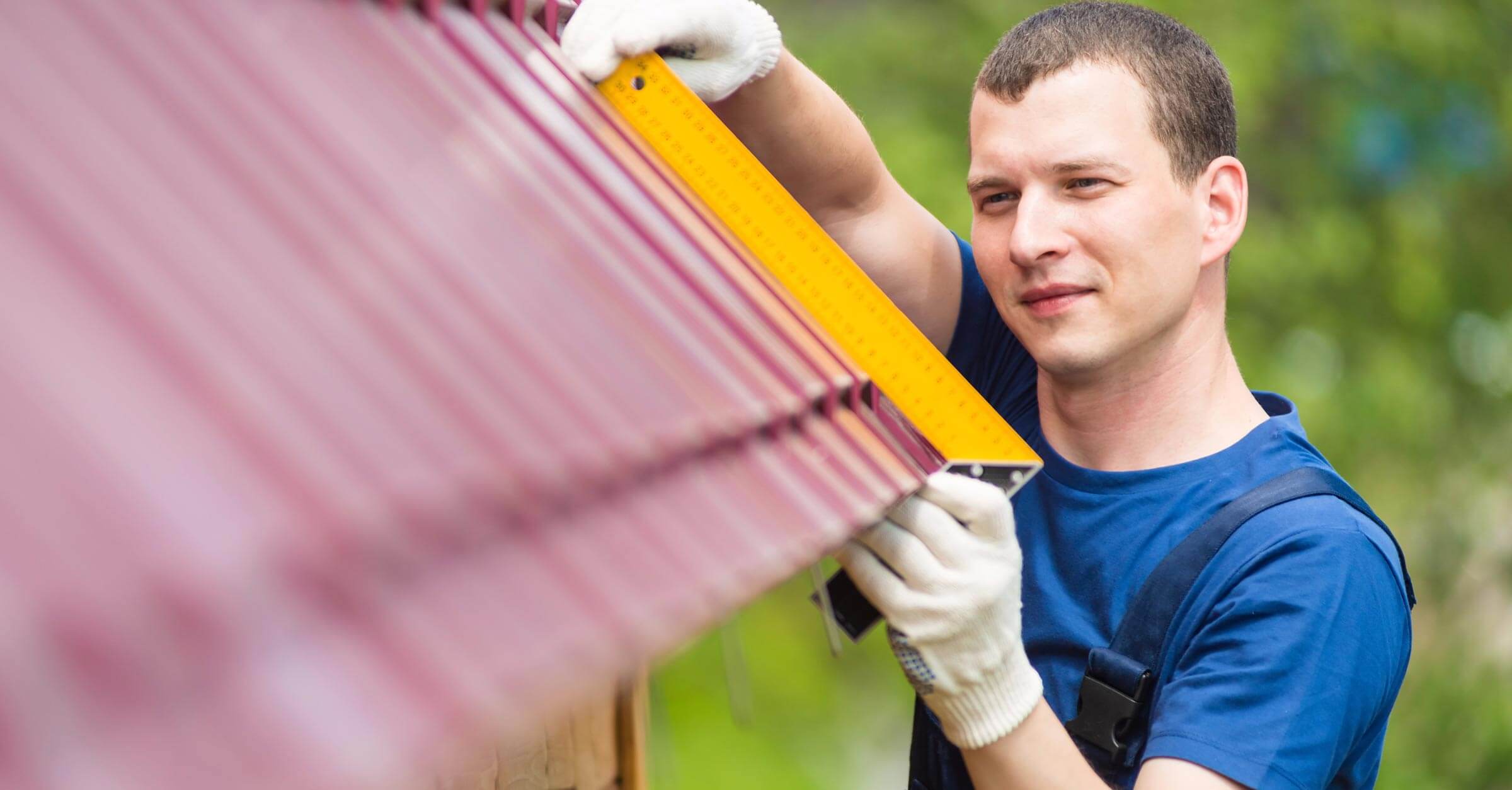The average homeowners insurance premium rose by 3.3% in 2014, following a 6% increase in 2013. While these rates are expected to continue rising, you shouldn’t feel powerless. You can take matters into your own hands by lowering your risk profile. Anything that changes the structure of your property can affect your rate.
That’s right, all your HGTV watching may finally come in handy. Certain home improvements not only increase your property’s value, but also make it more secure. Check out three upgrades that could lower your insurance premiums.
1. A new roof
Which home feature has one of the biggest impacts on your home insurance rate? Look up.
When a bad storm hits, your roof may be the first item on your list of repairs. Insurance companies figure that a new roof should be able to withstand the elements better than an old one. Some providers only offer limited coverage if your roof is past a specific age.
The type of roof you have and where you live can also affect the cost of your insurance. If you live in an area prone to hail (like Texas) or wildfires (like California), make sure your new roof offers special protection against those kinds of conditions.
Replacing a roof isn’t cheap. But consider it an investment that will protect your house, loved ones and belongings. It could help you save energy and lower your tax bill, too.
2. A better security system
Insurers expect homeowners to make security a top priority. At the very least, your home should have locks on all windows and doors. But why stop there? Going above and beyond to protect your home can reduce your chances of filing a claim and potentially lower your insurance rate.
Before you make changes, contact your provider. There may be a list of devices that can increase security and reduce your premiums, such as deadbolts and smoke alarms. Some companies lower your rate if you join a local neighborhood watch.
Beefing up security won’t do any good if you’re not regularly testing your system to ensure it’s in working order. If a burglar breaks into your home and your security measures weren’t in use, your insurer may reject part or all of your claim.
3. Smart home additions
Smart homes have more to offer than a fridge that emails you when you need milk or thermostats you can adjust on your way home (though those are pretty cool, too). Smart home gadgets have the potential to make your home safer and more efficient, which insurance companies like Hippo reward with lower insurance rates.
Consider purchasing a device that minimizes damage or an accessory that goes along with your security system, such as a video doorbell that deters crime. With a data feed from your home, your insurer could bring maintenance needs to your attention in advance.
Not every upgrade will save you money
While there are many home upgrades that can lower your homeowners insurance premiums, the following changes can increase your risk of loss and raise your insurance rate:
- Home offices: Be sure to review your insurance policy before trying to create your own workspace at home.
- An addition: Your policy accounts for the value of all of your home’s livable square footage. So it’s best to contact your provider before adding a basement or a third bedroom.
- Solar panels: Installing solar panels is expensive and could increase your homeowners insurance rate. If that happens, hopefully the energy you save and your federal tax credit will help offset the cost!
Keep in mind that any changes you make to your home will need to adhere to residential building codes. So if you’re DIY, do your due diligence.
Don’t forget the most important step
Most homeowners don’t update their house insurance policy — or even look at it — until they incur a loss or move. Insurance companies, on the other hand, update their rates at the time of renewal every year. If you don’t mention any home upgrades, the only direction your premiums might go is up.
Even if your home renovation is going to increase your insurance rate, it’s important to have a conversation with your provider. Otherwise, your new home office or roof won’t be sufficiently protected. If you make the call before construction begins, you could be covered if something happens.
Updating your policy may be easier than you think. The most you may need to do is provide a receipt or take photographs for your underwriter.




